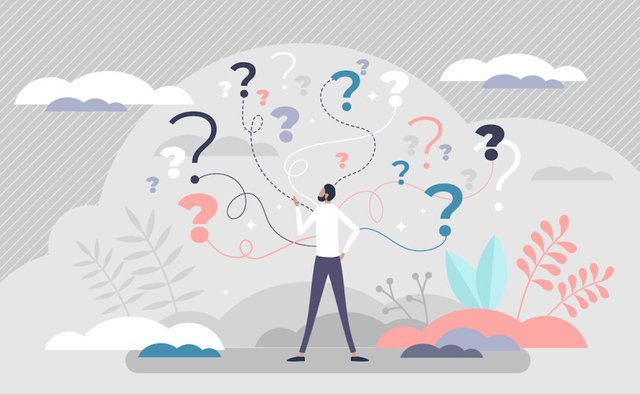Identifying yourself is a process, which requires a great deal of effort. While many people are born with a certain personality, others have to learn to identify themselves in a different way. It's not easy. There are obstacles and stereotypes that get in the way of finding out who you are. Here are some ideas that can help you identify yourself in a different way. Identifying yourself is a vital part of individual development, and it's a process that you can use to improve your quality of life.
Identifying yourself as a gay person or a lesbian person is a complex process. Some people try to hide their identity by acting straight, while others attempt to integrate their identities into the mainstream. In any case, there are many different stages in this process, from the early years to the later stages of the process. The first step is to understand the process of identity construction. Once you understand what you want to achieve through your identity, you'll be able to find ways to achieve it.
Your sense of self is composed of a series of characteristics that make you unique. They include your personality traits, skills, abilities, beliefs, and moral code. They also include your hobbies, interests, and social roles. It's the sum total of all these aspects that creates your identity. While some people's identity is based on one or two characteristics, others' is shaped by a combination of many aspects.
An important aspect of our identity is our social identification. Whether we are socially acceptable or not is based on our associations. We associate ourselves with what we like and dislike. Our social identities are built around these associations. For instance, an American person identifies himself as an American, a man, or a woman, as an employee, or as a member of a religious group. It's important to understand that our identities are built on what we associate ourselves with.
Self-concept refers to our sense of self. We develop it early in life, even in babies. As young as two to three months old, a child begins to realize this concept. The way we interact with the world is also the foundation of the self-concept. So, the more we understand ourselves, the better we can develop it. So, how do you improve your self-concept? Here are a few tips to help you improve your self-concept:
Developing your identity based on core values is important. Your values define who you are. Living by your values helps you create a strong sense of self. Once you've developed your self-image, you can begin acting on it. For example, a courageous act can show you have courage, or you can admit that you lost your father's watch. Compassion may mean volunteering at a homeless shelter. By developing your identity on these levels, you'll have a much more solid foundation upon which to build a strong self-identity.
The process of identity development begins in childhood. It includes a combination of conscious and unconscious elements. During adolescence, people begin to explore their identities and experiment with different behaviors and roles. Adults continue to review and reassess their identities throughout their lives, though these changes are typically small. Erikson believed that developing identity during adolescence was essential for forming a strong self-concept and a direction in life.

